The Education of the 'King of the Hill' Reboot
Hank, Bobby, and the gang are back and have a lot to say about the trajectory of our society. Part II covers education.
When I write these kinds of series, I usually want to cover both urbanism and education to align with the theme of the page. Together, there was just too much to cover on the King of the Hill reboot, which is why I split this into Part I and Part II.
It was easy to write about Texas urbanism through the lens of the reboot. Texas has potentially been one of the most dynamic areas in the country when it comes to building, construction, and general urban change in recent decades. Everything was so obvious. Connecting education to the King of the Hill reboot, however, posed somewhat of a challenge.
Not Really About Education Anymore
One of the key things I noticed about the reboot is that it is a lot less about education now. This is quite a change from the original series, where Bobby and his pals were teenagers dealing with coming of age in middle or high school. Likewise, Peggy worked as a substitute teacher, too. Given these connections to schooling, education was often central to the plot of a lot of episodes.
In the reboot, though, Bobby is out of school and in the workforce. Peggy has since retired from her Spanish teaching. School is just a lot less important in the world of King of the Hill in the 2020s compared to the 1990s/2000s.
As I was watching, I realized that the reduced importance of schooling from the show mirrors what happens in real life. From 5-23ish, schooling is central to life, providing structure to culture and social circles. Upon graduation from high school or college, all that structure goes away.
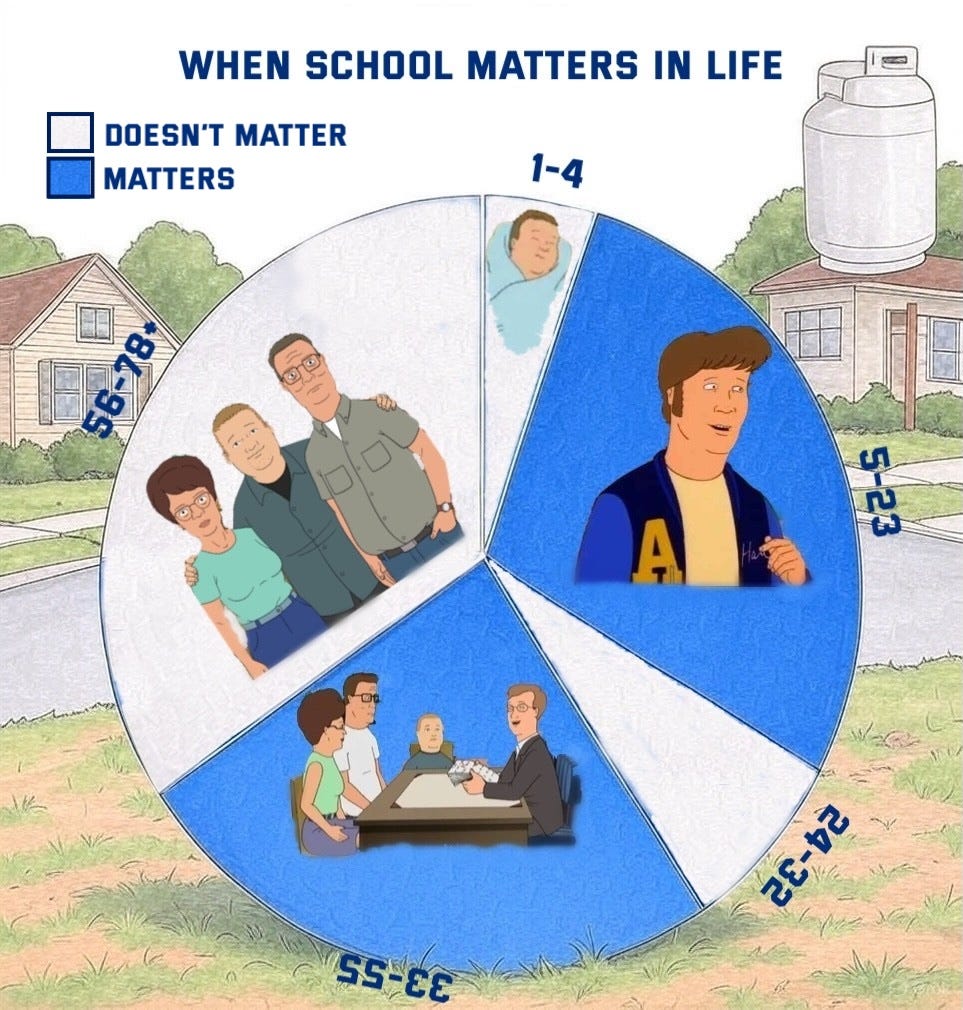
Becoming a parent means school is central again. Parents will uproot their entire life to get their kid into a good school. Social life becomes school sports leagues or recitals. The kids’ teachers, principals, or classmates all get enmeshed into a parental social network. This was the same relationship both Hank and Peggy had with Bobby during his school days.
But then the kids grow up, leaving school behind. School becomes less important for a second time, potentially never gaining salience ever again. This is not just a facet of a TV show; it is a reality of life.
And as more people opt out of having kids, school and education fade further and faster as a provider of general structures. What may have been half a life centered around schooling becomes more like a quarter. It remains to be seen if Bobby, like much of his real-life cohort, opts out of having kids.
College-Aged Kids
Even if schooling and education have less of an importance to the show compared to the original run, it doesn’t mean these issues are totally absent from the reboot.
Probably one of the most interesting developments is that Bobby did not go to college. He went straight into the workforce, helping to open a restaurant with his affluent high school friend Chane Wassanasong. It should be noted that this rich kid is himself in college, depicted as a frat boy at Southern Methodist University (SMU). In a Subreddit discussion on this college choice, one user noted, “SMU is full of trust fund babies like Chane.”
It seems that Joseph, Bobby’s best friend, also did not go to college. As I previously noted in my Dazed & Confused article, roughly 40% of students nationally go on to get an undergraduate college degree. So these two not going is no big surprise given the numbers and their depictions early in the original run as either a slacker or dumb jock.
Connie, though, Bobby’s other childhood friend/ sweetheart, did go to college. She was enrolled at the University of Texas-Dallas, Erik Jonsson School of Engineering and Computer Science. Connie at UT Dallas rather than some Ivy League school may surprise some more than Bobby not being in college at all.
To me, I am not surprised that Connie went to UT Dallas. It is a good university that was elevated to R1 status in 2019, meaning it has top research capacity. Connie comes from a working-class immigrant family, where typically there are more sensitivities to degree fields and college debt. I could see Kahn, her dad, putting saving money as the top priority in her college-going choice.
Interestingly, the original series dealt with Asian student discrimination at top universities, too, when Connie was rejected from a summer camp at Rice University. This episode aired way back in 2004, almost two decades before the US Supreme Court banned the practice in college admissions! Texas, though, famously already did away with affirmative action and, instead, installed the so-called Top 10% Rule. The rule gives students within the top 10% (later reduced to 6%) of their graduating classes automatic admission to state-funded public universities.
Look, Connie’s a really smart… Asian girl, but I’ve got a boatload of them. Pardon the expression. She’s not Black. She’s not Hispanic or even white. Good lord, give me a white kid from a public school with Connie’s specs, and that kid could waltz in here. -Admissions officer in a 2004 episode.
Given that Connie was within the top 6% of her class, she probably could have gone to the flagship University of Texas at Austin, but not without some potential student loans. She would be competitive to go to UT Dallas on a full-ride scholarship like the Eugene McDermott Scholars Program. Kahn would save money by sending her to this kind of public university in Texas, plus it would forego any issues with Asian discrimination at top out-of-state universities, which the family had already dealt with in the series.
Bobby-Connie Dating Lives
In the original series, Bobby and Connie are depicted as childhood sweethearts. In the 1990s, interracial dating had already been on TV for 40 years, starting with I Love Lucy (though there is nuance to race in that series). By 2025, almost 20% of marriages and 30% of cohabitors were interracial. However, Pew reports these kinds of relationships are more common for higher-educated individuals.
In the new reboot, they have lost contact for a few years after high school. Losing track of a close friend or even a girlfriend from high school tracks, especially as each moves into different social groups: Bobby into the working class, Connie into the educated white collar.
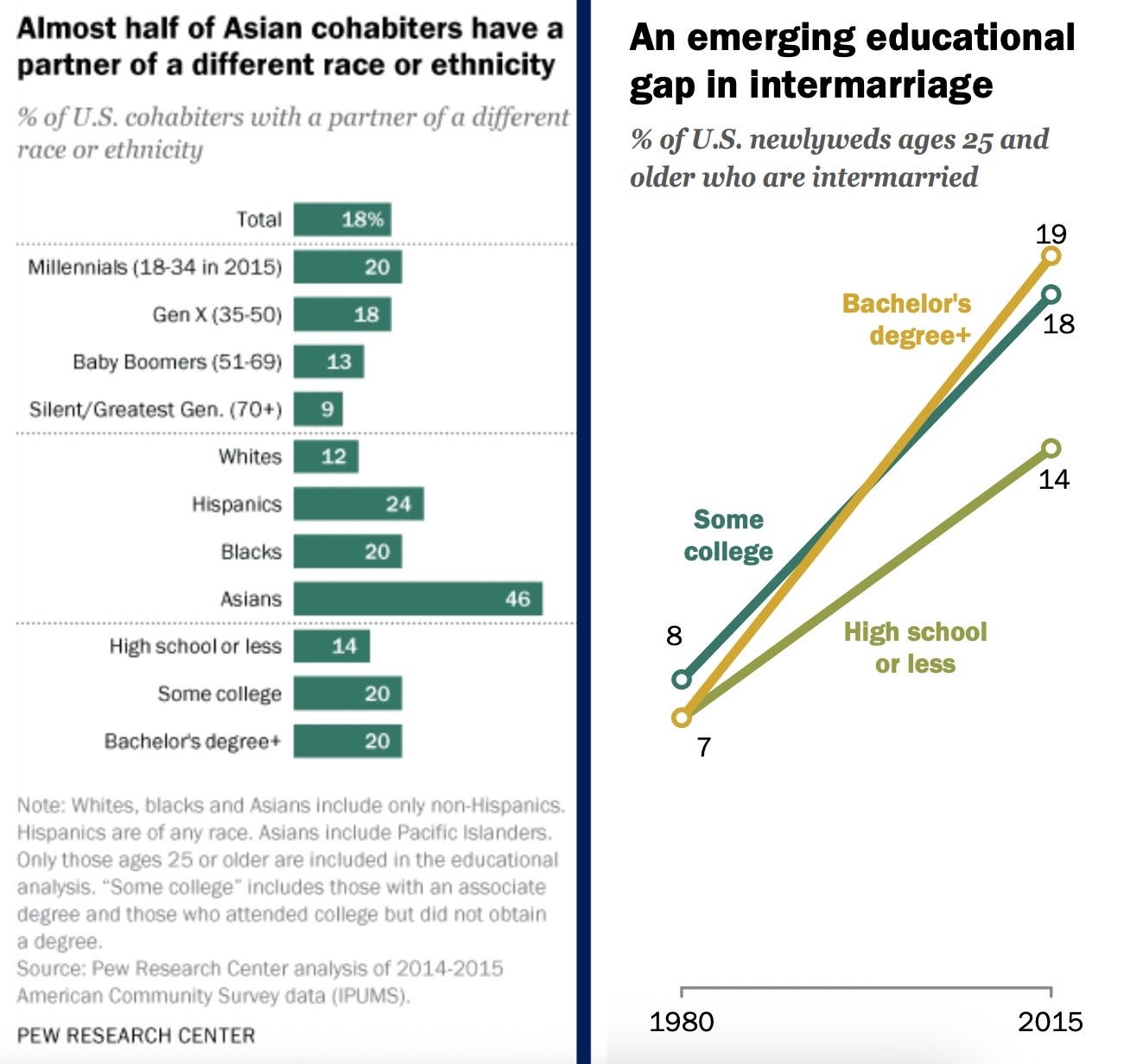
However, even with the education gap between the two, it does not mean that these characters would not match together. In a 2024 study of dating patterns since 1940, Noah Hirschl, of the University of Wisconsin, and his colleagues reported that “the increase in educational homogamy… stalled around 1990 and began reversing in the 2000s.” The researchers say that this result is mostly related to “women's increasing tendency to marry men with less education than themselves.”
This means that when the show first started in the 1990s, it may have been somewhat far-fetched for these two to get together, but in 2025, Bobby’s lack of degree would not be a problem for Connie. The Atlantic just made a similar case in a high-profile piece on women “marrying down”. But you could have gotten the same info just by watching this animated TV show.
What was one of the most controversial plots from the reboot came from Connie being in an ethical non-monogamous (ENM) relationship with Chane. The show’s subreddit has been abuzz with discussion and debate. “ENM has become a lot more popular in the cultural Zeitgeist in the past 10 years but it still has a lot of stigma around it,” posted a user.
Given the controversy over the plot choice, the framing seems accurate. M. L. Haupert, of Indiana University, and colleagues reported that roughly one in five (21.9%) single Americans have participated in consensual nonmonogamy (CNM), not counting cheating or infidelity. This is apparently the same percentage of Americans who have a pet cat! Their findings also remain “constant across age, education level, income, religion, region, political affiliation, and race.”
This all means that Connie was not in some fringe type of relationship, but instead one that is closer to the preference of 34% of all American adults and most younger generations, according to a YouGov poll. Perhaps it wasn’t what viewers pictured when the show started depicting Bobby and Connie as childhood sweethearts in the 1990s, but it does seem to track with numbers in 2025.
That Boy Ain’t Right, But That Man is
The titular line from the original series was “That boy ain't right” whenever Bobby did something ridiculous, which was practically every episode. This animated father-son relationship worked as a metaphor for the real societal relationship between Boomers and Millennials.
Hank was born in 1959, the tail end of the Baby Boomers, while Bobby was originally born in 1985, which would mean he should be turning 40 this year. However, in the reboot, the timeline has been retconned with a younger Bobby, now just in his early 20s. Still, Bobby is not a kid anymore, yet the generational tension remains—only manifested in a different way.
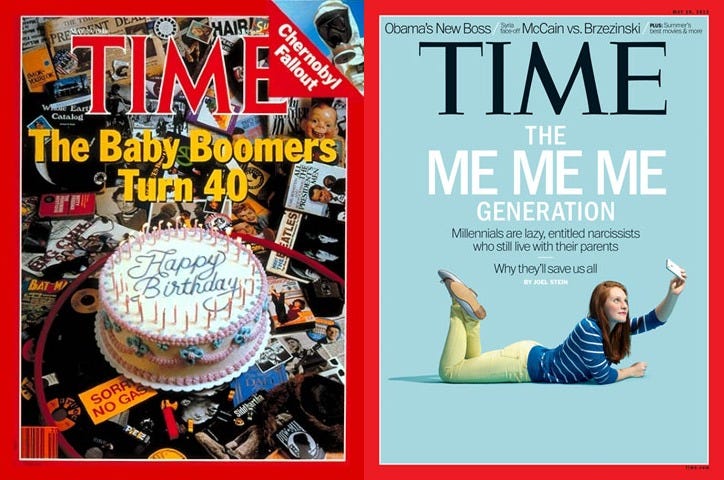
There has long been angst between Boomers and Millennials. As Millennials came of age, their tastes, attitudes, and general culture were much maligned by their Boomer parents. But as Millennials entered later adulthood, they have turned this score around, blaming Boomers for a host of problems with the US.
As a Millennial myself, I couldn’t help but notice Hank got that sweet expat deal from the Saudis, even though he does not have a college degree (Only a Boomer!). The thing is, Hank is good. He doesn’t need a degree. Yet, in the competitive world created by HR and standardizations, resumes like Hank’s never make it past the initial screening. For generations who haven’t applied for a job in 30 years, it might not be apparent how annoying the application process has become.
Actually, at one point, Peggy gets a little taste of these annoyances when applying for a role at a local college she was totally unqualified for. “While we appreciate your enthusiasm for the position of budget and finance director, we disagree that your experience haggling in Saudi Arabian flea markets equates to a two-year master’s in economics,” reads the rejection.
In the original series, these generational differences were trilateral between Boomers with Hank, Millennials with Bobby, and the Greatest Generation with Hank’s dad, Cotton. Sorry, Gen X was left out by the Gen X creators. Typical. A central plot to much of the original series was about Cotton’s World War II experience, and to him, it was Hank and the Boomers who were soft. Hank must constantly prove himself to his father. There is a kind of generational cyclicalization in these relationships.
The reboot nicely illustrates this type of cycle through Hank and Bobby. Hank is now retired and doesn’t have that much to do anymore. Gone are the days of him being the breadwinner whom everyone relied upon. He takes up odd hobbies like beer brewing or odd jobs through ChoreChimp (basically Fiverr). These are common experiences for any cohort, but especially for a generation that has shaped much of culture, economics, and politics since the 1960s.
Bobby, on the other hand, represents a rising generation (technically Gen Z with the retcon). But he is responsible, hard-working, and in control of his own life through his restaurant work. But he is still in a sort of transition, as he is still living with Joseph in a dumpy suburban apartment complex and going to frat parties.
Hank, at first, still sees Bobby as the irresponsible boy from the show’s early run. But he starts to slowly realize that Bobby is now an adult, one who makes rational decisions for good reasons, even if Hank doesn’t fully agree. That boy may have never been right, but the man that he turned into sure is. Hank is obviously proud of his son.
But Hank also starts to realize his own place in the family has moved on. Like with his entire generation, power and influence are ephemeral. In 2025, Hank and the Boomers are where Cotton and the Greatest Gen were in the late 1990s. These consternations will likely continue to fuel both future episodes of the reboot and also real episodes of culture, economics, and politics, as Baby Boomers slowly grapple with their own Twilight Years.
Closing on King of the Hill
I probably could have written at least two more parts to this series on King of the Hill. I did not even get into half of what I noted as topics when I was watching, such as Good Hank and Gen Z, the Monosphere, reading habits, birthrates, sports culture, cast member deaths, non-alcoholic beer, and Nextdoor, just to name a few. Perhaps some of these things can be explored for the next season of the reboot or other series.
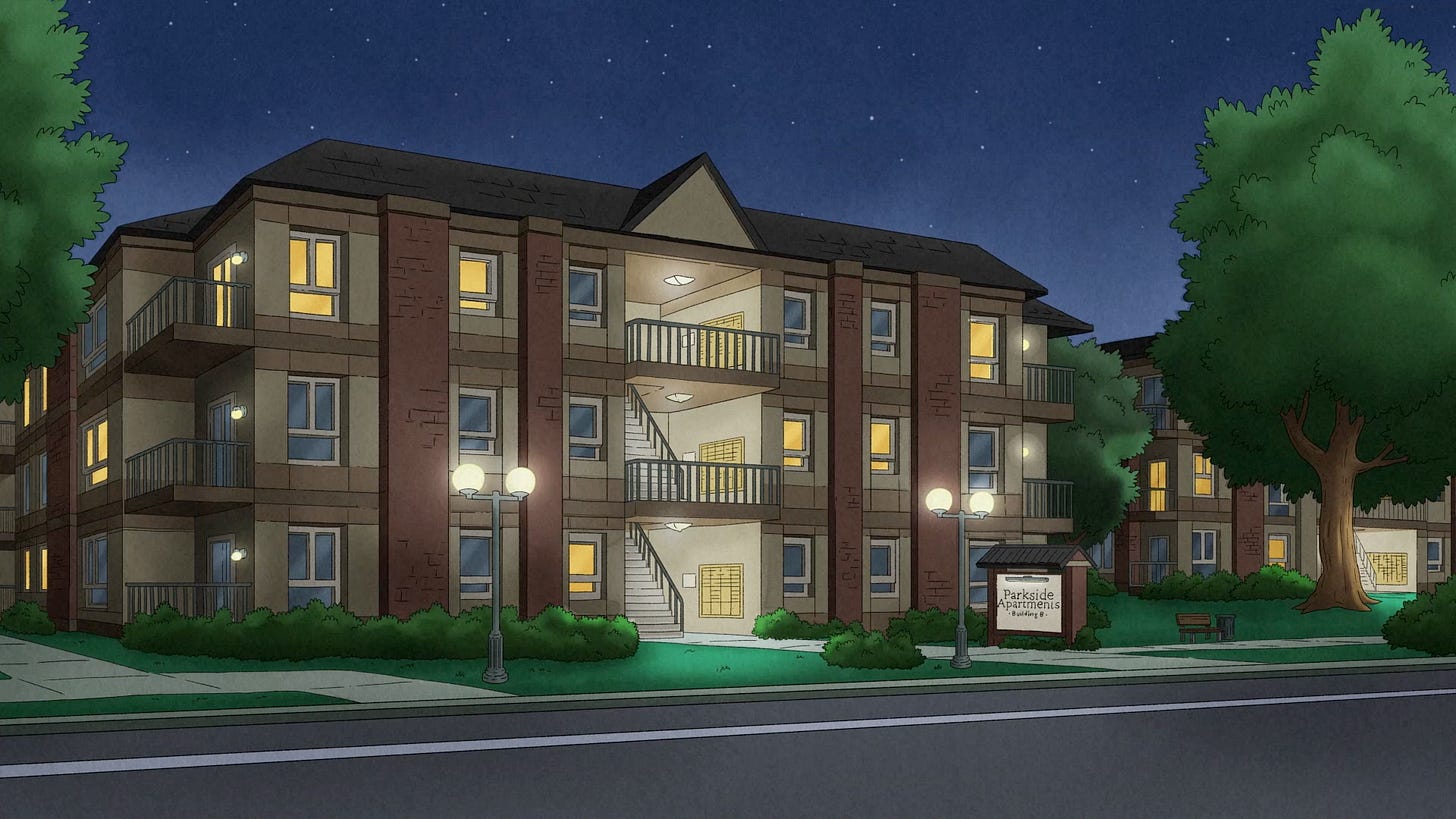
I must admit, I was apprehensive when I first heard that they were going to do a King of the Hill reboot. Sometimes these types of things are simply terrible, mostly just cash grabs for streamers. But this one was actually good, and the plots, setting, and characters really did have a lot to say about urbanism, education, and society beyond. I’m glad we got to go back to Arlen, Texas.
Update (9-4-2025): Added clarification to the study on consensual nonmonogamy.




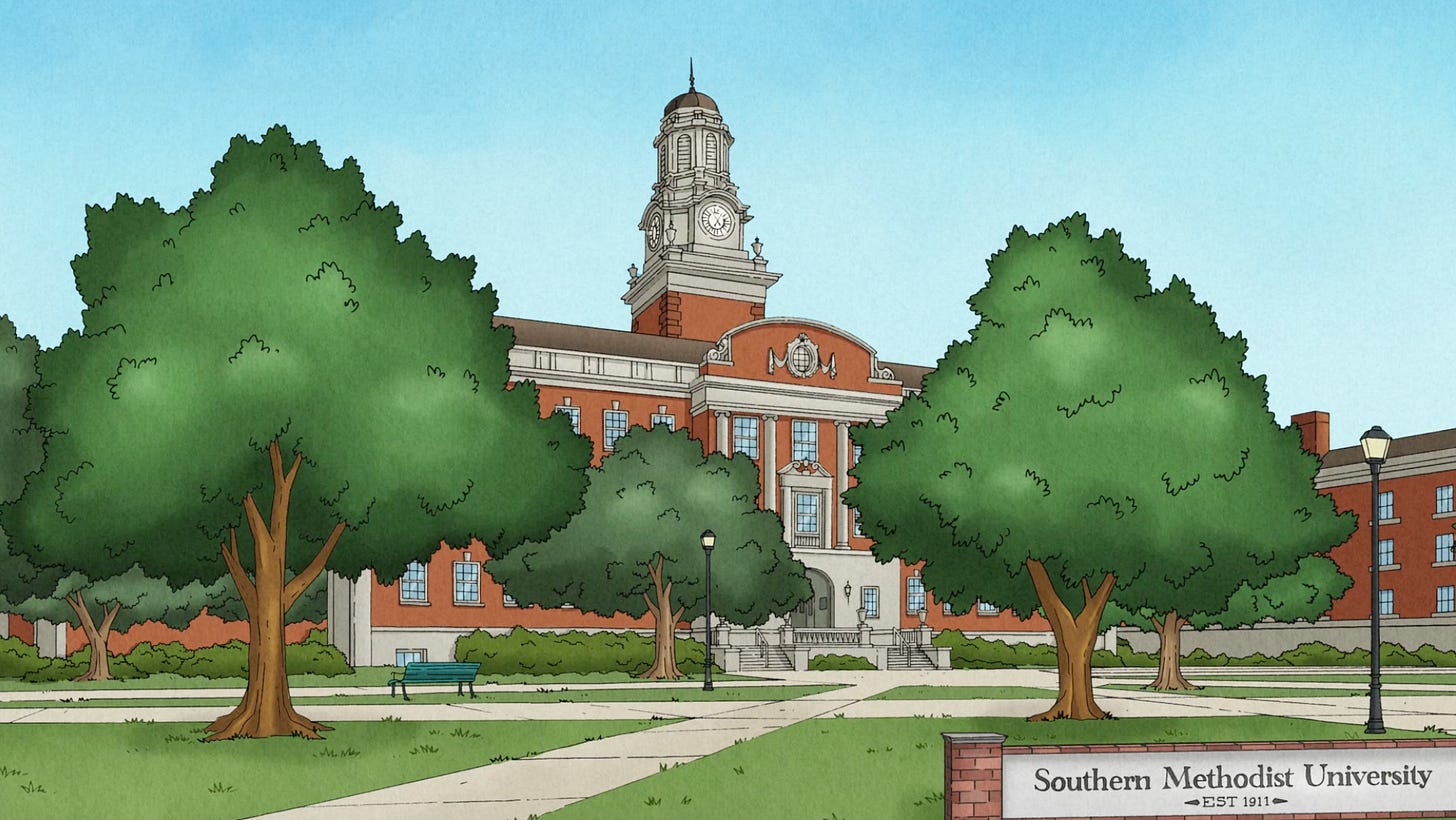
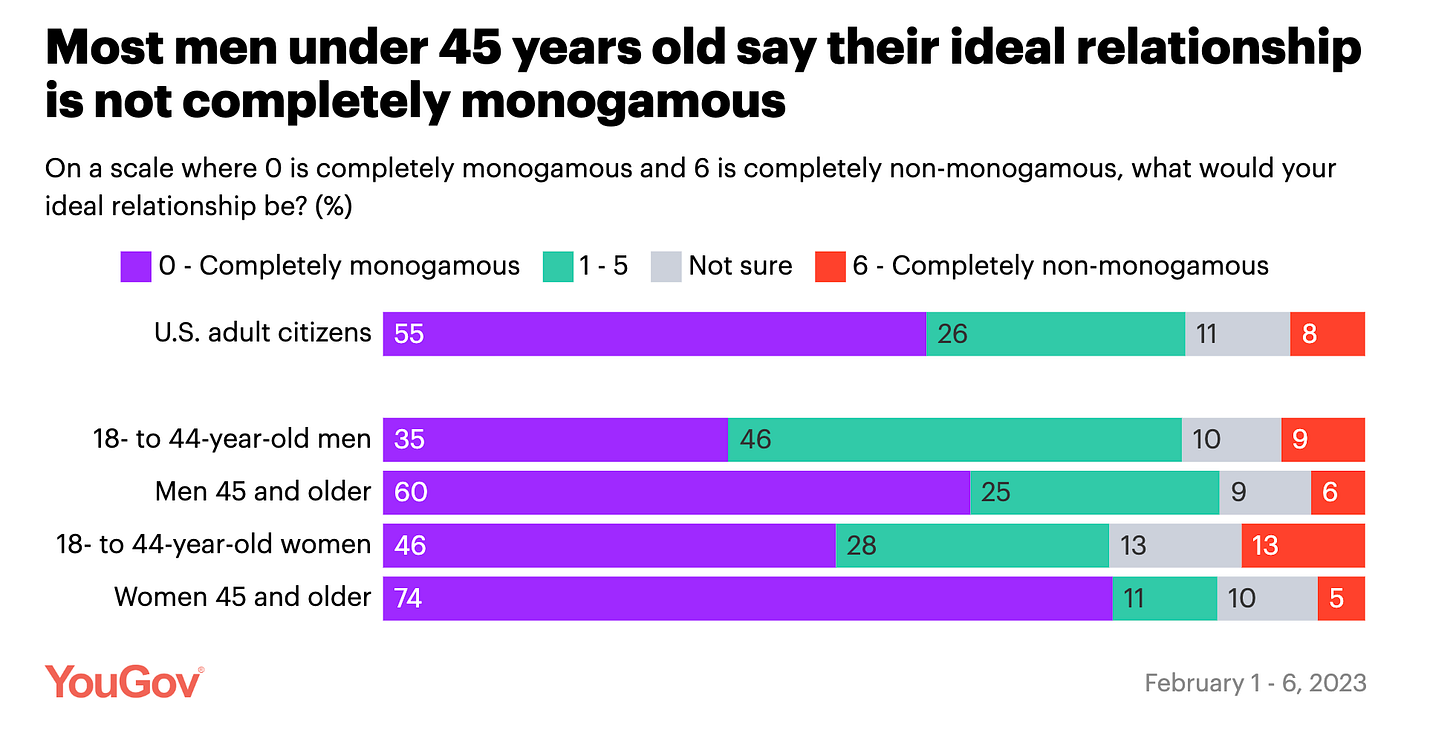
I was pleasantly surprised just how good the new king of the hill ended up being. Also, the longer I live in Texas, the more I come to realize KOTH is actually an animated documentary about the DFW burbs.
My husband is a big fan of this show from way back. The way it handled race even decades ago was very skillful imo and true to life. I love Mike judge